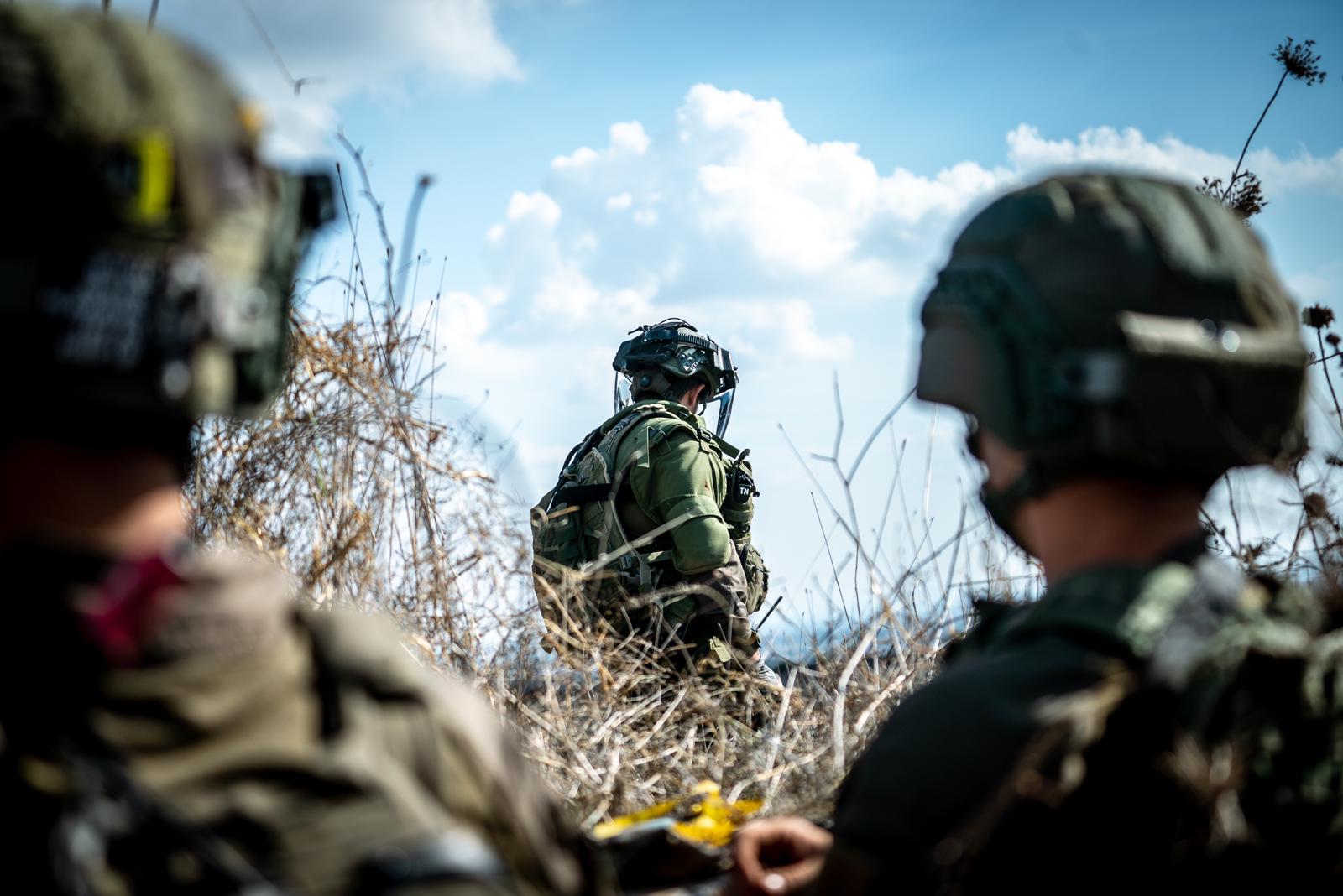Charlie Savage on Cheney's Memoir
The New York Time's Charlie Savage has obtained a copy of former Vice President Cheney's forthcoming memoir. Not a lot in his story about the book that will surprise on matters of interest to readers of this site. Here's they are:
Mr.
The New York Time's Charlie Savage has obtained a copy of former Vice President Cheney's forthcoming memoir. Not a lot in his story about the book that will surprise on matters of interest to readers of this site. Here's they are:
Mr. Cheney’s book — which is often pugnacious in tone and in which he expresses little regret about many of the most controversial decisions of the Bush administration — casts him as something of an outlier among top advisers who increasingly took what he saw as a misguided course on national security issues. While he praises Mr. Bush as “an outstanding leader,” Mr. Cheney, who made guarding the secrecy of internal deliberations a hallmark of his time in office, divulges a number of conflicts with others in the inner circle. He wrote that George J. Tenet, the director of the Central Intelligence Agency, resigned in 2004 just “when the going got tough,” a decision he calls “unfair to the president.” He wrote that he believes that Secretary of State Colin L. Powell tried to undermine President Bush by privately expressing doubts about the Iraq war, and he confirms that he pushed to have Mr. Powell removed from the cabinet after the 2004 election. “It was as though he thought the proper way to express his views was by criticizing administration policy to people outside the government,” Mr. Cheney writes. His resignation “was for the best.” He faults former Secretary of State Condoleezza Rice for naïveté in the efforts to forge a nuclear weapons agreement with North Korea, and Mr. Cheney reports that he fought with White House advisers over softening the president’s speeches on Iraq. Mr. Cheney acknowledged that the administration underestimated the challenges in Iraq, but he said the real blame for the violence was with the terrorists. He also defends the Bush administration’s decision to inflict what he called “tough interrogations” — like the suffocation technique known as waterboarding — on captured terrorism suspects, saying it extracted information that saved lives. He rejects portrayals of such techniques as “torture.” In discussing the much-disputed “16 words” about Iraq’s supposed hunt for uranium in Niger that were included in President Bush’s 2003 State of the Union address to help justify the eventual invasion, Mr. Cheney said that unlike other aides, he saw no need to apologize for making that claim. He writes that Ms. Rice eventually came around to his view. “She came into my office, sat down in the chair next to my desk and tearfully admitted I had been right,” he wrote. . . . Mr. Cheney praised Barack Obama’s support, as a senator from Illinois, for passing a bank bailout bill at the height of the financial crisis, shortly before the 2008 election. But he criticizes Mr. Obama’s decision to withdraw the 33,000 additional troops he sent to Afghanistan in 2009 by September 2012, and writes that he has been “happy to note” that Mr. Obama has failed to close the prison in Guantánamo Bay, Cuba, as he had pledged.
Benjamin Wittes is editor in chief of Lawfare and a Senior Fellow in Governance Studies at the Brookings Institution. He is the author of several books.


.jpg?sfvrsn=407c2736_6)


